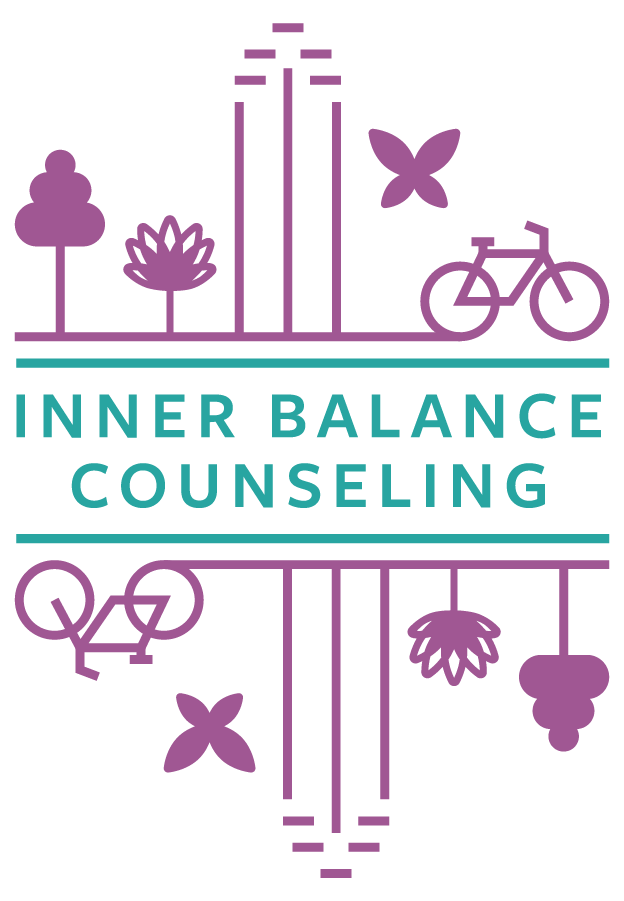48% of Parents Experience Overwhelming Stress: Highlights from the U.S. Surgeon General’s Advisory
Joy and fulfillment paired with debilitating stress and worry are the conflicting feelings that many parents face daily. Parents may find themselves experiencing guilt around the stress or resentment that often comes with parenting. Many parents keep these thoughts to themselves, wondering how it would look to their friends and family if they admitted how difficult it is to just get through the day. The stigma around the topic leads to more stress, delaying many parents from reaching out for necessary help.
In his recent advisory, Dr. Vivek H. Murthy, the U.S. surgeon general, highlighted some of the stressors today’s parents face:
Finances, economy & poverty
Time pressures
Children’s health & safety
Isolation & loneliness
Technology & social media
Cultural pressures & children’s future
In the current economy, often both parents must work full time or take on extra jobs just to make ends meet. In addition, social media contributes to a toxic comparison culture, cyberbullying, and exposure to inappropriate content at a young age. Gun violence and kidnapping also top the list of worries for today’s parents.
How are these stressors impacting parents? The advisory quoted some concerning statistics from the American Psychological Association: 41% of parents reported that most days they are so stressed that they cannot function, and 48% reported that most days their stress is completely overwhelming, compared to other adults.
It is critical for parents to address their own mental health concerns to provide a safe, stable, and nurturing environment for their children. Poor mental health in parents can put children at higher risk for mental health concerns and can negatively impact children’s physical health and development. Dr. Murthy provided these action steps for parents and caregivers:
1. Remember, caring for yourself is a key part of how you care for your family.
2. Nurture connections with other parents and caregivers.
3. Explore opportunities to secure comprehensive insurance coverage for yourself
and your family.
4. Empower yourself with information about mental health care.
5. Recognize how mental health challenges manifest and seek help when needed.
One of the best things you can do for your child is address your own mental health concerns. There is no shame in admitting you need help. Schedule an appointment with a mental health provider, set boundaries where you can, and make space for your own needs. Brainstorm ways to connect with other parents in your community and be open about your parenting experience. You might be surprised by how many parents feel the same as you.
Check out the full advisory and more on parental mental health & well-being here.
More Resources for Parents
